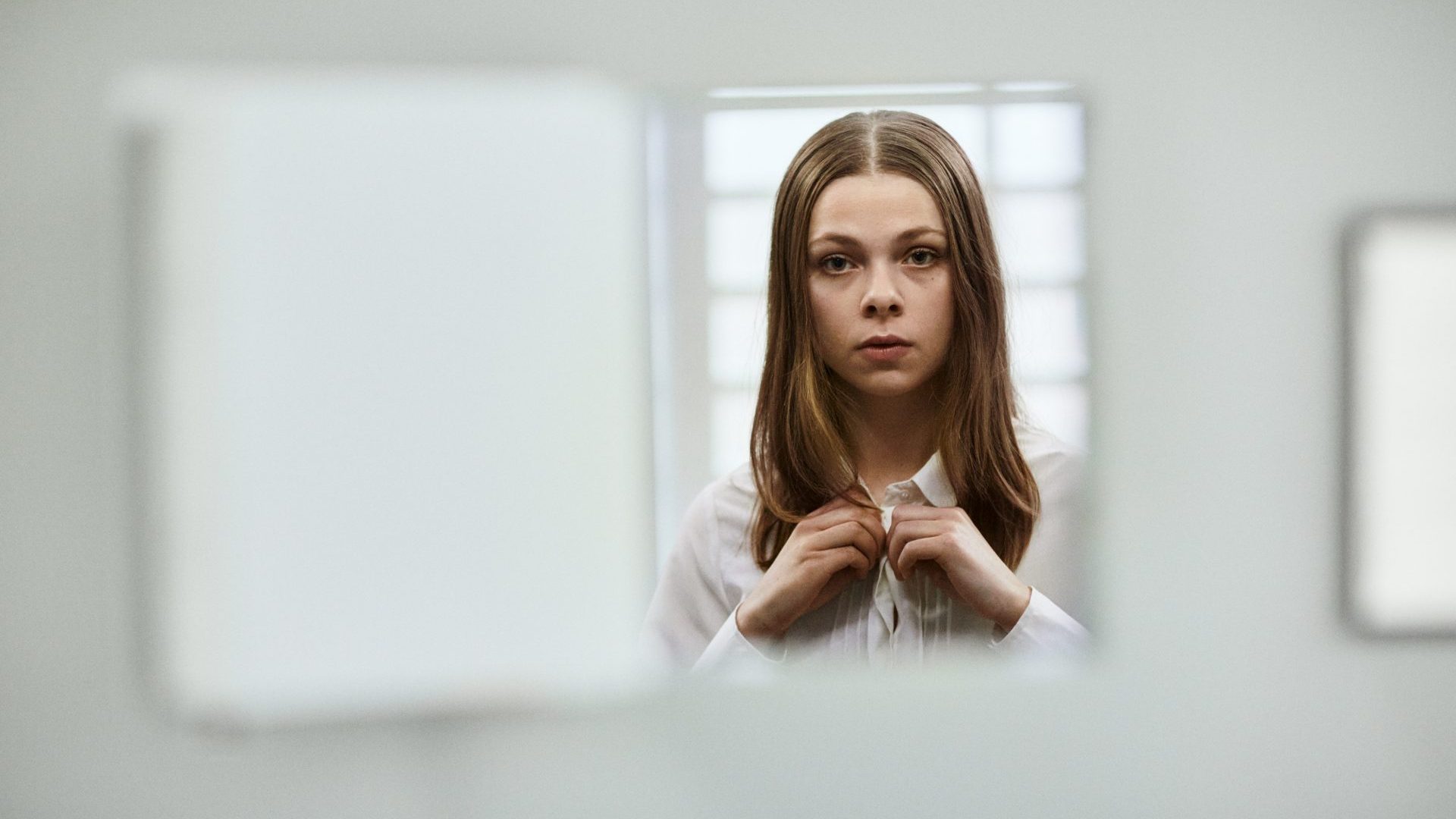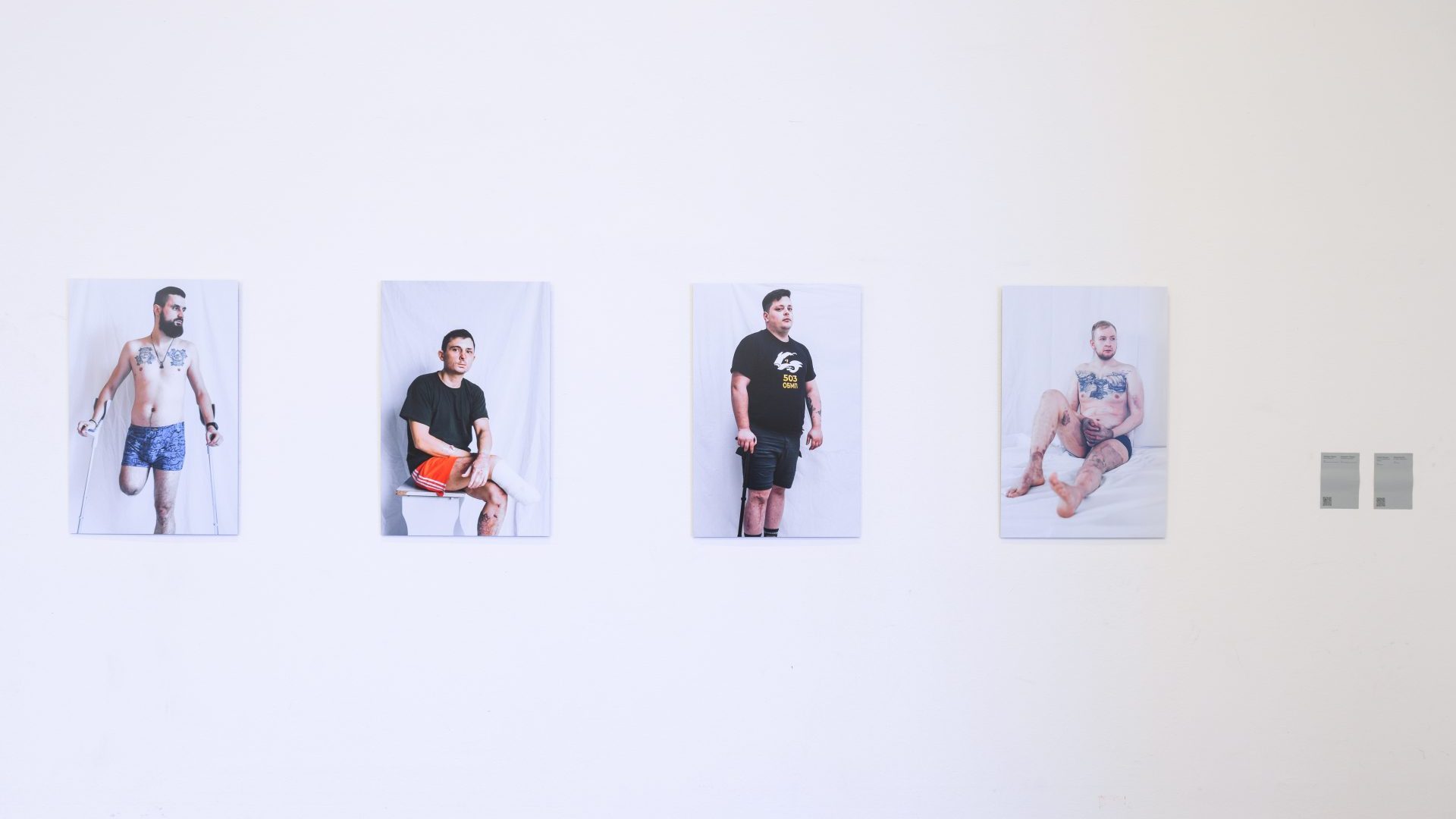In 2013, three 19-year-old men were acquitted of using a wine bottle to rape a 15-year-old girl at a party in northern Sweden. At the time, Aftonbladet newspaper reported that they had pinned her down on the bed, pried her legs open and used such force that the girl started bleeding. Yet the court in Umeå ruled that while her story appeared to be truthful, there was no evidence to prove that the men’s version of events was unfounded. The verdict further stated that her “hesitancy” to engage may have only been out of “modesty” and that “people involved in sexual activities do things naturally to each other’s body in a spontaneous way, without asking for consent”.
The decision sparked mass protests and with it the formation of a new national movement, Fatta (“Get It”), which spearheaded the campaign to reform Swedish rape laws. It took five years but in 2018, Sweden passed a law that changed the legal definition of rape to sex without consent. Joining Germany, Luxembourg and the UK, the new legislation meant that, unlike in other countries, prosecutors no longer needed to prove violence or that the victim was in a vulnerable situation to establish that a rape had taken place. It’s a law that could have assisted A Nearly Normal Family’s Stella (Alex Karlsson Tyrefors) in her case, had her parents not prevented her efforts.
Based on MT Edvardsson’s novel of the same name, Netflix’s new Swedish miniseries follows Adam (played by Björn Bengtsson), a priest, Ulrika (Lo Kauppi), a lawyer, and their daughter, Stella, in their life in Lund. The Sandells are the picture-perfect family, until Stella is arrested for murder. However, we learn that Adam and Ulrika’s picket-fence illusion had already been shattered when their daughter was raped four years earlier.
After being collected from a handball training camp where the assault took place, Stella slowly opens up about what truly happened, and Adam’s reaction is unbelievable in every sense of the word. After stopping the vehicle and asking her to confirm what she just shared with him (“These kinds of things are really serious. Is it true?”), he promptly opens the driver’s door. You want him to walk to the passenger side, and hold her. Instead, he makes a phone call at the front of the car. With one hand in his pocket and eyes to the ground, he gives the impression of a financier who has just been informed a sale has fallen through. It’s not what we expect from a father who has just learned that his 15-year-old daughter has been raped.
The audience is kept from the rest of the journey home. The scene transitions instead to Stella having a gynaecological exam, with her mother by her side. The clinical backdrop of the appointment room feels akin to Adam’s hands-off approach to the news of his daughter’s assault. Soon, Ulrika offers her own masterclass in detachment.
Back home, she demands the facts. What did Stella say? Did she do enough? Did she audibly say no? It’s clear that Ulrika is already playing out the defence’s rebuttals in her head and soon, downstairs in their family home, she gives Adam the verdict: Stella’s case is flawed and won’t stand up in trial so why pursue it? While all this is going on – and this is shocking even for a country known for its matter-of-factness – neither parent has enquired if their daughter is all right.
Four years later, the cracks in the Sandells’ life are wide. Ulrika is having an affair and making feeble attempts to hide her infidelity. Meanwhile, Adam is making an art form of looking the other way as he focuses on his duties to his parish, while Stella is struggling with the trauma she was never fully allowed to acknowledge.
Then, on her 19th birthday, Stella meets Christoffer, a thirty-something entrepreneur, her soon-to-be boyfriend, and the man for whose murder she will be arrested. The bulk of Edvardsson’s plot can now begin.
A couple of weeks ago, a link to a Times article circulated in my female friendship circle. Written by Susie Goldsbrough, it ran under the headline: “We need to talk about binge drinking and sexual assault”. “I’m not sure it’s alcohol that’s our problem,” one of my friends typed in our WhatsApp group.
The piece reflected on the issues raised in How To Have Sex, the debut of British director Molly Manning Walker, in which three teenage girls flock to Malia for a typical rites-of-passage summer holiday. Think sweat-filled dancefloors, fluorescent-coloured drinks and hook-ups. Goldsbrough explains that the film, without impugning judgment, suggests that consent becomes complex when alcohol is involved. Sexual assault is on the rise in Britain and How To Have Sex suggests the problem is alcohol.
Yes, we are drinking more. As Goldsbrough highlights, for the first time, the number of women between the ages of 16 and 24 binge-drinking at least once a week outnumbers that of their male counterparts. Yet the rise in alcohol consumption and the increase in sexual assault do not automatically go hand in hand, and the rhetoric implying such is dangerous. When reading the piece I couldn’t help but think of my friend who had been assaulted on holiday at the age of 18. “I’d been drinking,” she had told me, “so who would believe me?”
Goldsbrough is not suggesting that young women stop drinking. Nor is she saying that if we did, the number of reported sexual assault cases would plummet. But she is rightly saying it needs to be talked about, for questions to be asked. It’s saddening that the one at the heart of A Nearly Normal Family has become utterly ordinary: when it comes to sexual assault, why don’t we believe women?




